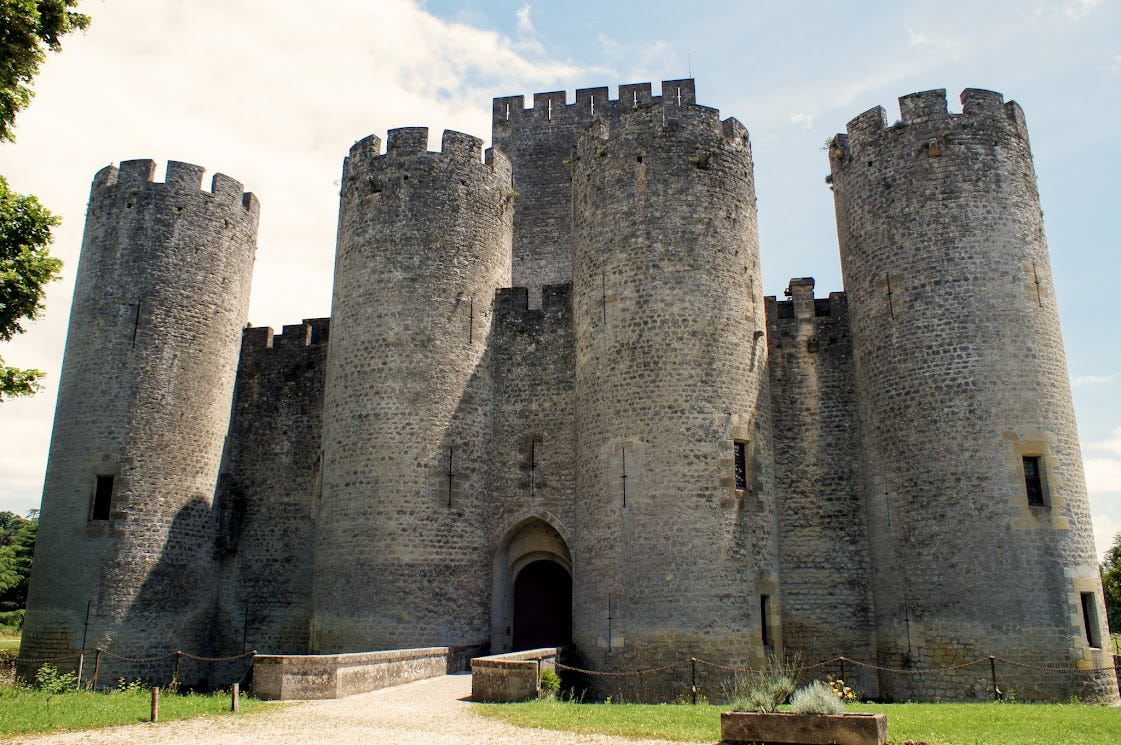Identifying King Arthur (1)
Could he have been Ambrosius Aurelianus?
It is sometimes suggested that King Arthur is another name for Ambrosius Aurelianus. I suspect this is unlikely, unless we take Arthur to be a fictional personage whose legendary deeds need to be mapped on to the reality of a verifiable historical figure.
Ambrosius Aurelianus is the only 5th century Briton named by the monastic chronicler Gildas, and the impression created is that he is ‘The Last of the Romans’ and descended from ‘the purple’. This need not mean he is of an imperial family, though there are several Romano-Britons who did achieve or usurp such rank, so it is far from impossible. Gildas says Aurelianus achieved at least one victory over the Saxons, but does not mention him (or anyone else) in the context of the major Battle of Mount Badon.
It is not very likely that a Roman warlord was still influential in the late fifth century, given that the Roman forces withdrawn by Magnus Maximus in the fourth century were never replaced, except possibly by Saxon mercenaries, and that Romano-British civilisation had the best part of a century to break down before Badon.
If Gildas was a contemporary of Maelgwyn of Gwynedd, as he suggests, then his writing dates to the mid 6th century, which, by his account, would place the date of Badon somewhere in the range 490 AD to 520 AD. This is surely too late for the Dux Bellorum of the Britons at Badon to be Aurelianus, especially if, as is sometimes indicated, Aurelianus was already active during the lifetime of Vortigern (394-454AD)
No name other than that of Arthur is given anywhere for the British leader at Badon, and even that attribution is nothing like contemporary. However, if Arthur were not the British leader at Badon, then his name has completely effaced that of the actual leader, which seems improbable.
The romantic medieval writer Geoffrey of Monmouth made Aurelianus Arthur’s uncle, and the brother of Uther Pendragon. There is no way of confirming or denying this. However it is possibly significant that Geoffrey does not make them two names of the same person. This suggests that at least in his day, Aurelianus was understood to belong to a previous generation.


